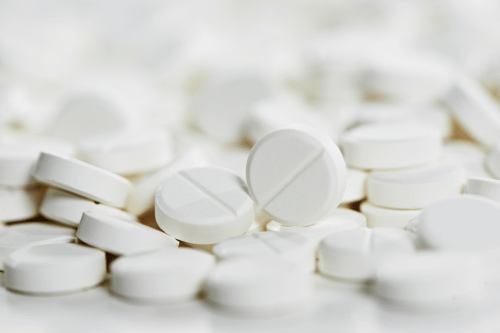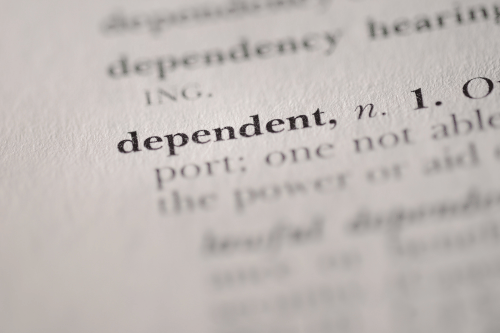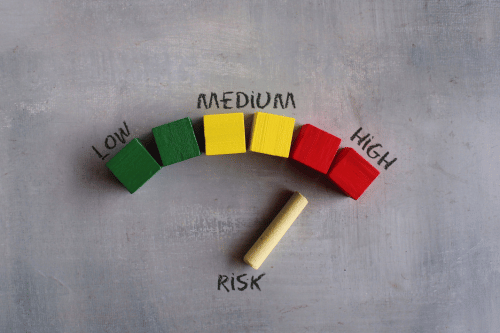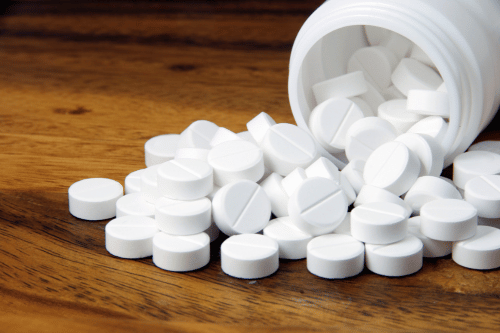Is Prednisone Addictive?
Prednisone is a commonly prescribed medication used to treat a variety of inflammatory and autoimmune conditions. Despite its effectiveness, many people wonder: is prednisone addictive? While prednisone is not categorized as an addictive substance in the same way as opioids or benzodiazepines, prolonged use can cause dependency and withdrawal symptoms. This article will delve into prednisone’s effects on the body, its potential for prednisone addiction, and how to safely discontinue its use.
Understanding Prednisone: What Is It?
Prednisone is a corticosteroid that works by reducing inflammation and suppressing the immune system. It is widely prescribed for conditions such as rheumatoid arthritis, asthma, severe allergic reactions, and other inflammatory and autoimmune conditions. By mimicking the body’s natural hormone, cortisol, prednisone helps manage symptoms like joint pain and swelling, making it an essential tool for managing these chronic conditions. However, long-term use comes with risks.

Common Uses of Prednisone
Prednisone is versatile and can be used to treat a wide range of medical conditions. Some of the most common conditions for which prednisone treatment is prescribed include:
Asthma and respiratory conditions: Prednisone helps to reduce airway inflammation.
Autoimmune disorders: Including lupus, rheumatoid arthritis, and multiple sclerosis.
Severe allergic reactions: To mitigate the body’s immune response.
Skin conditions: Such as eczema and psoriasis.
Blood disorders: Including certain types of anemia.
Although prednisone is effective, prednisone dosage has effects on the immune system can lead to side effects when used for an extended period.
Is Prednisone Addictive or Habit-Forming?
When people ask, “is prednisone addictive?” they are usually concerned about whether prednisone leads to the same kind of dependence seen with substances like opioids or anabolic steroid abuse. The answer is more complex than a simple yes or no.
Prednisone does not cause the euphoria associated with drug abuse or substance abuse, but long-term use can make the body reliant on the drug to function normally. Over time, the body may stop producing enough cortisol naturally due to the adrenal glands being suppressed by the external source of anabolic steroids.
Prednisone Dependency vs. Addiction
It’s essential to differentiate between physical dependency and addiction. Prednisone addiction is rare, but physical dependence is quite common in long-term users. When the body becomes dependent on prednisone, it can be challenging to stop using the medication without experiencing withdrawal symptoms, which may feel similar to the effects of prednisone addiction. This dependency, however, is usually physiological rather than psychological, which is a key distinction from traditional substance addiction.
Why Does Prednisone Cause Dependency?
When you take prednisone, your body reduces its natural cortisol production because it senses an external source. Over time, the adrenal glands may stop producing enough cortisol altogether, leading to dependency. When you stop using prednisone suddenly, your body struggles to produce sufficient cortisol, which can result in a range of withdrawal symptoms. This is why patients are often advised to taper their dose slowly.

Symptoms of Prednisone Dependency
Long-term use of prednisone can lead to a range of physical symptoms indicating dependency. Some common signs include:
Weight gain
Mood swings
High blood pressure
Fatigue
Joint pain
Muscle weakness
It’s important to consult a healthcare provider if you suspect prednisone addiction or dependency. With proper medical supervision, you can safely taper off the medication.
What Are the Side Effects of Prednisone?
Although prednisone is highly effective for treating certain conditions, it has a range of potential side effects, particularly with long-term use. Side effects of prednisone vary depending on the dosage and duration of the treatment. Short-term use usually results in minor issues, but long-term use can lead to more severe complications.
Short-Term Side Effects
Short-term side effects may include:
Increased appetite
Mood swings
Difficulty sleeping
Fluid retention
These side effects usually resolve once you stop taking prednisone. However, when the drug is used for long periods, more serious complications can occur.
Long-Term Side Effects
Prolonged use of prednisone can lead to more serious health complications, such as:
High blood pressure
Weight gain
Osteoporosis
Increased risk of infections
Prednisone suppresses the immune system, making the body more vulnerable to illness.
These side effects underscore the importance of closely monitoring prednisone use, particularly when taken over extended periods.
Prednisone Withdrawal: What to Expect
When someone who has been on prednisone for a significant amount of time suddenly stops taking it, they may experience prednisone withdrawal symptoms. These symptoms occur because the body needs time to resume normal cortisol production. Prednisone withdrawal can range from mild to severe, depending on the dosage and length of time the medication was used.
Common Prednisone Withdrawal Symptoms
Some common symptoms of prednisone withdrawal include:
Joint pain
Fatigue
Mood swings
Difficulty sleeping
Muscle weakness
In more severe cases, individuals may experience adrenal insufficiency, where the body cannot produce enough cortisol. This condition can be life-threatening if not properly managed.
How to Taper Off Prednisone Safely
Healthcare providers usually recommend tapering off prednisone gradually rather than stopping abruptly. This tapering process allows the adrenal glands to slowly resume natural cortisol production, helping to avoid severe prednisone withdrawal symptoms.
Prednisone Misuse: A Growing Concern
While prednisone is not commonly associated with abuse, it can be misused, particularly by those seeking to enhance physical performance or address chronic inflammation on their own. Prednisone misuse occurs when individuals take more than the prescribed dose or continue taking the medication without medical guidance.
Risks of Misusing Prednisone
Misusing prednisone can lead to a host of problems, including:
Prednisone addiction and dependency
Severe side effects
Adrenal suppression, leading to adrenal insufficiency
Increased risk of infections due to immune suppression
It is crucial to follow your healthcare provider’s guidance to avoid the risks associated with abusing prednisone.

Addressing Prednisone Dependency
If you believe you or a loved one is dependent on prednisone, it’s essential to seek help. Prednisone addiction or dependency can be managed effectively through professional medical treatment. At Revival Mental Health, we offer specialized programs that address not only the physical dependency on medications but also the underlying mental health issues that may contribute to substance abuse.
Treatment for Prednisone Dependency
Treatment for prednisone dependency typically involves:
Medical supervision: Monitoring the tapering process to avoid withdrawal symptoms.
Addiction treatment: Addressing any co-occurring substance abuse or mental health issues.
Therapeutic benefits: Focusing on both physical and mental recovery through evidence-based treatment.
If you or someone you know is struggling with prednisone addiction or withdrawal, seeking professional help is crucial for a successful recovery.
The Role of Healthcare Providers in Prednisone Management
Healthcare providers play a critical role in managing prednisone use. They assess the benefits and risks of long-term prednisone use and determine the appropriate dosage and duration for each patient. Regular check-ups and close monitoring are essential to minimize the risk of prednisone misuse and other complications.
How to Avoid Prednisone Misuse
To avoid misusing prednisone, it’s important to:
Follow the prescribed dosage and duration of treatment.
Never adjust the dose without consulting your healthcare provider.
Be aware of the potential for prednisone withdrawal symptoms and follow tapering instructions carefully.
When Should You Seek Help for Prednisone Addiction?
If you are struggling with dependency or experiencing withdrawal symptoms, it may be time to seek help. Revival Mental Health offers comprehensive programs that address the complexities of medication dependency and addiction. Our compassionate team of professionals provides individualized care that ensures you receive the appropriate treatment for both your physical and mental health needs.

Conclusion: Is Prednisone Addictive?
While prednisone is not typically considered addictive in the traditional sense, it can lead to dependency and withdrawal syndrome with prolonged use. The risk of prednisone misuse and physical dependency highlights the importance of using this medication under strict medical supervision. If you or someone you know is dealing with prednisone addiction or prescription medication withdrawal, Revival Mental Health is here to provide the support you need for recovery.





